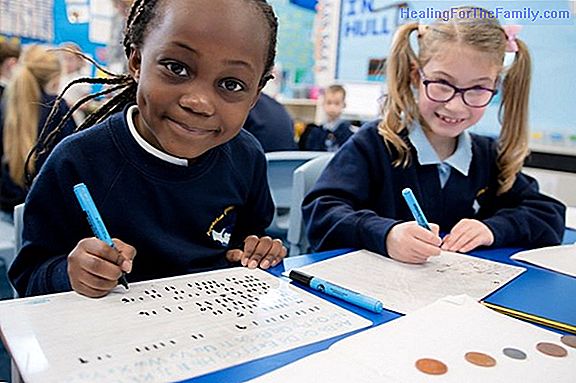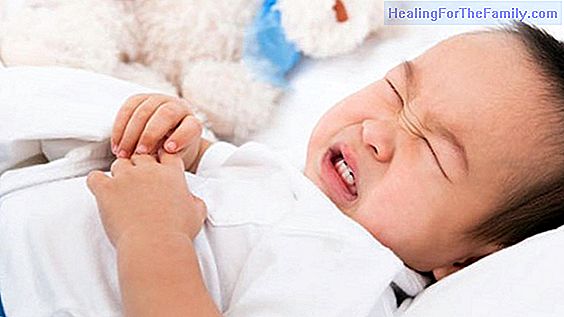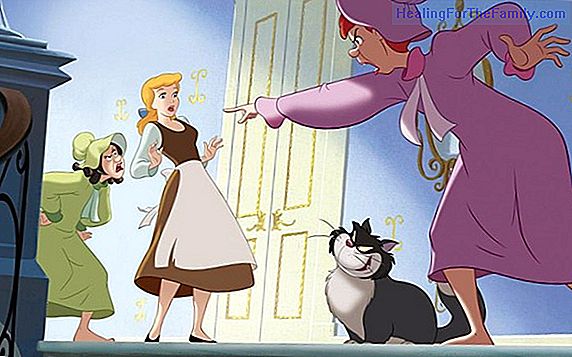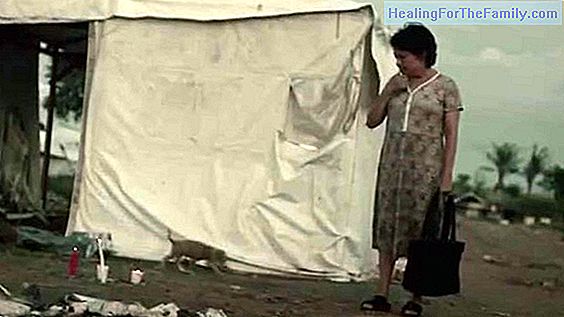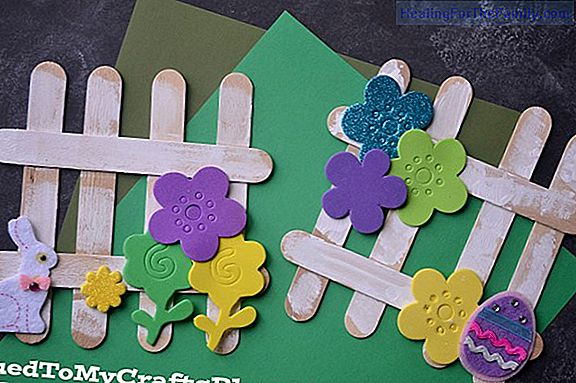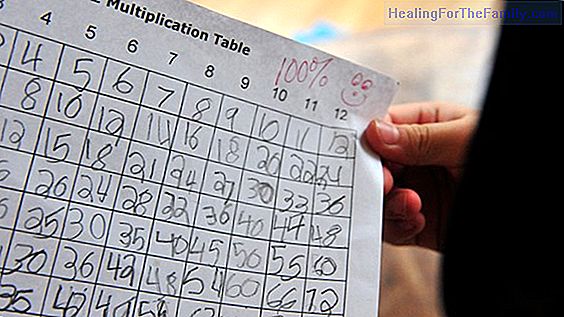What to do if my child has complexes
In the primary education stage, (around age 6) children begin to build and strengthen their self-concept and self-esteem. Although not all children are affected in the same way, what other children or adults think of them, can influence that construction of what they think of themselves and how they
In the primary education stage, (around age 6) children begin to build and strengthen their self-concept and self-esteem. Although not all children are affected in the same way, what other children or adults think of them, can influence that construction of what they think of themselves and how they are valued.
When we speak of complexes, we speak of a certain shame to certain physical or psychological traits that have a negative influence on the image we have of ourselves. But, what can I do if my child has complexes? My son has complexes, how can I help him?
Although it does not always happen, and not all children are affected equally, the nicknames or criticisms that children receive are often the source of complexes in children. Having very curly hair, being red-haired, having glasses, wearing a device, having big teeth, not being as good at sports as other children, having some difficulty in learning, etc ... can be sources of "complex" in children when other children criticize them for it or give them nicknames, (which can sometimes be very cruel and even, if we do not remedy, lead to more serious problems such as bullying or bullying).
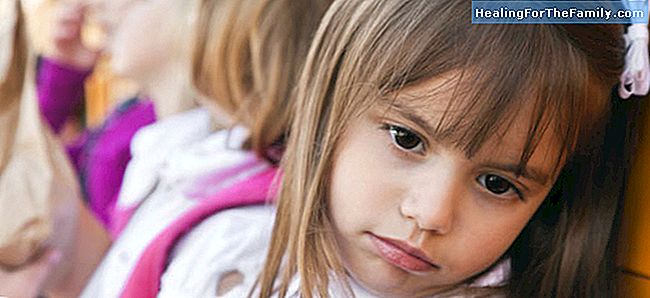
There are certain behaviors or warning signs that can make us suspect that our son suffers some kind of complex
, and we must give it the importance it deserves.If our child suddenly does not want to wear glasses for example, or complains about them, or does not want to participate in common activities such as playing with other children in the park, or going to a birthday party, or tells us that he has no friends , Or suddenly one day he tells us that he wants to lose weight or that this or that food does not want it because he gets fat or in more extreme cases he does not want to go to school, he has sleep problems, he complains of being bad when he has to go to school or excursions, is quieter than usual ... All this can make us think that something is not right, and we must act.
- If your child has complexes, it is important that
you do not dismiss what the child can count on . Listening to our children, their concerns, their concerns, valuing them and giving them the importance they deserve is fundamental to make our children express and bring to light what may concern them. Making them feel sheltered and listened to by their parents is key to being able to gradually dismantle those complexes that can stalk children.- Likewise, the attitude of adults is also very important, and sometimes, even if we do not realize it, they favor the appearance of complexes. From home and from school
it is important to send positive and trusted messages to children since they are small . Value their achievements, avoiding negative comments of the type, "you break everything, you have to be careful" or "again you have made a mistake, look more", "do not eat so much that it looks like you are putting", avoid comparing them, "all children of his class read and he does not "or" so-and-so with 4 years old already does this but mine does not ". Comments that, although hard, are given. Es - It is important thatwe reinforce their self-esteem and their virtues haciendo, making the little ones see the good things they have, making them see and appreciate their positive qualities and accepting those they do not like so much, but also value them as something good, because it is part of them. We must educate the child in respect and tolerance towards differences. Each person is unique and is what children should see, that each of us is unique and we are all different, and that is something good and positive.
We can also rely on books, stories, anecdotes, stories or even characters that they admire, analyzing their characteristics and see what they share with them, and let them see that what is positive in others, is also in oneself . Negative consequences for the child who has complexesThe most common complexes in childhood are usually related to the physical: complex of being the shortest or the tallest, etc ... or with personal qualities or skills: complex of reading wrong, being slow, clueless, to be clumsy, to have different tastes as it may be in children not like football but if you play with girls, or girls like the "things of boys" and not "girls, (influenced these by stereotypes about what children do or should do.)
Complexes have negative consequences for our children, such as:
- They generate low self-esteem
- They limit them and prevent them from being who they really are
- Affect their character and emotions, making them more sensitive or more irritable
- Affect their social relationships and their daily activities
Complexes in childhood can influence not only this stage, but in later stages such as adolescence and adulthood, so
working self-esteem, self-confidence, and dismantling the complexes
in this age is fundamental for healthy and normal psychological and social development. If the parents do not know what to do or how to act, or the situation worries us excessively, we can go to a professional who guides and advises us in this way.




